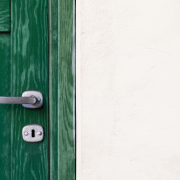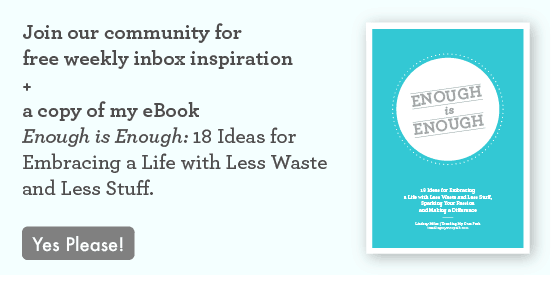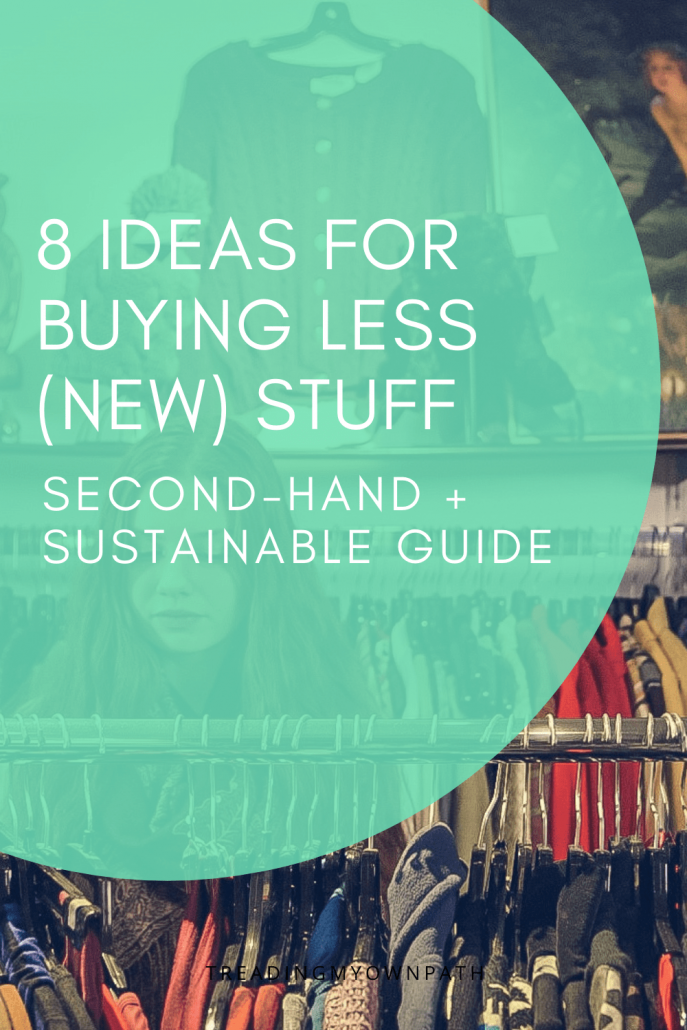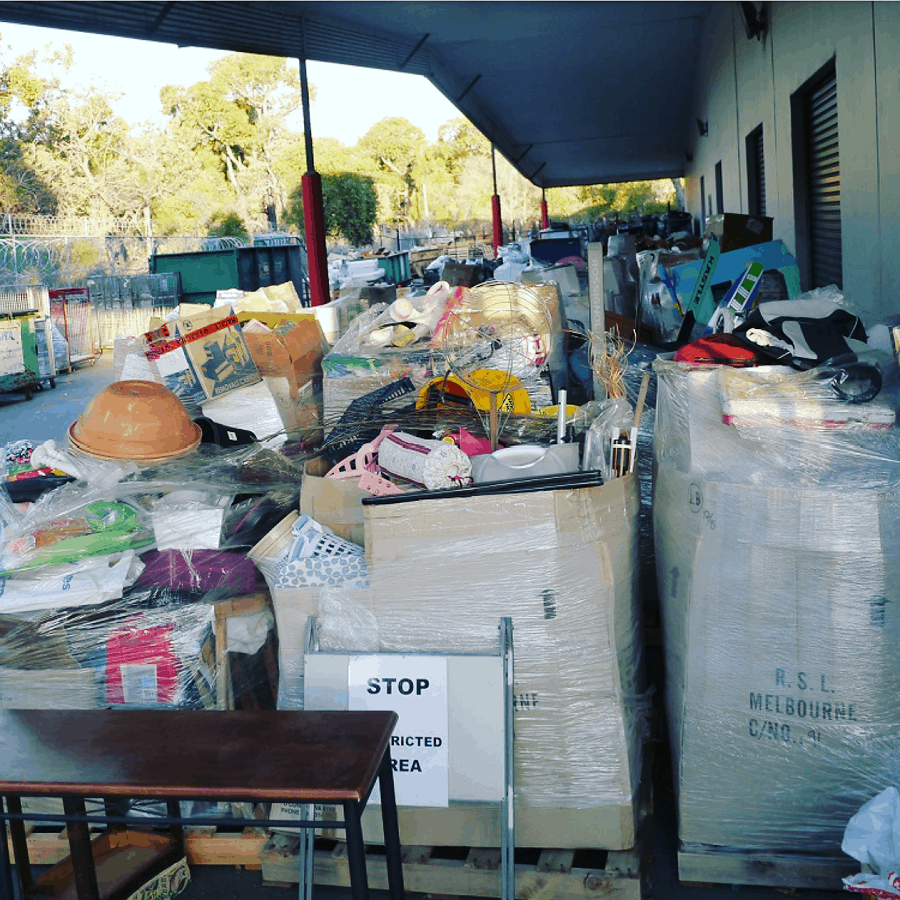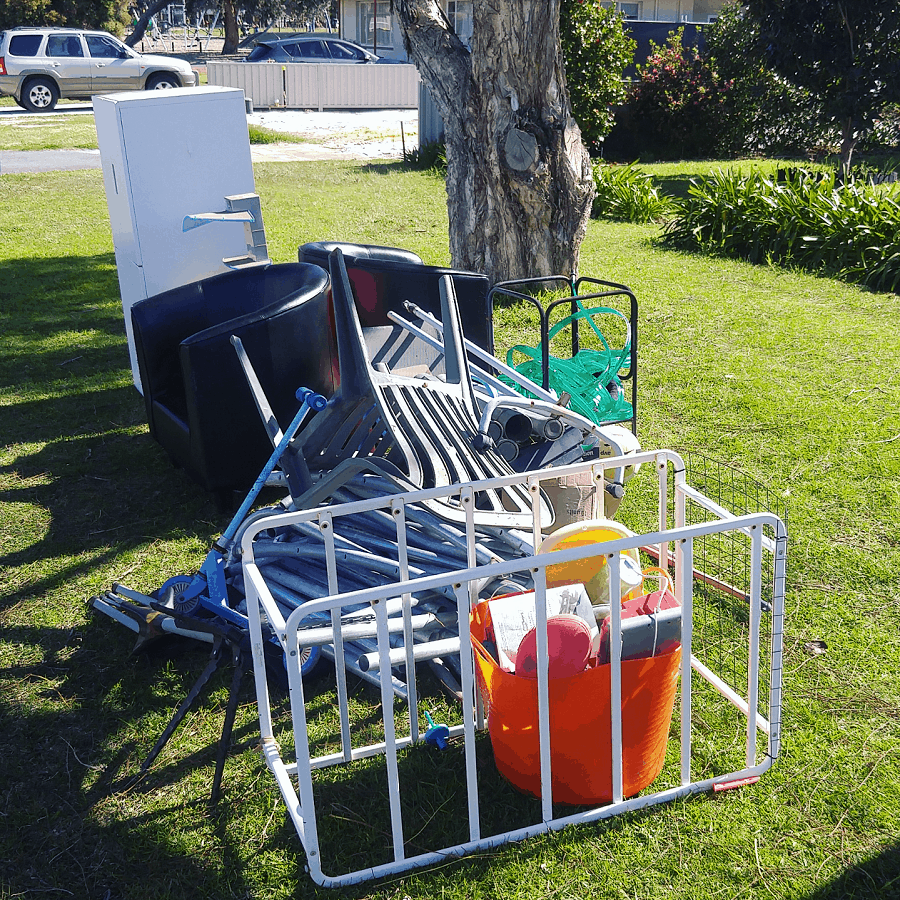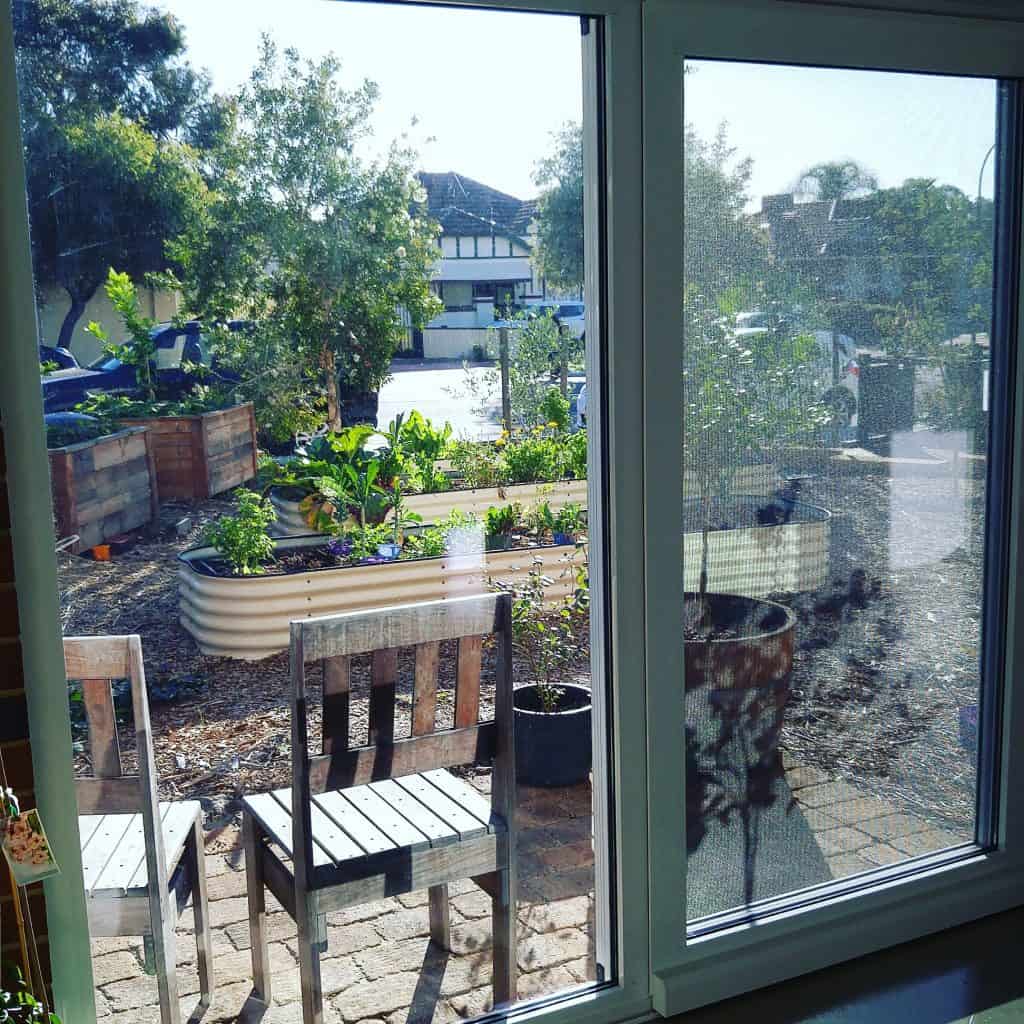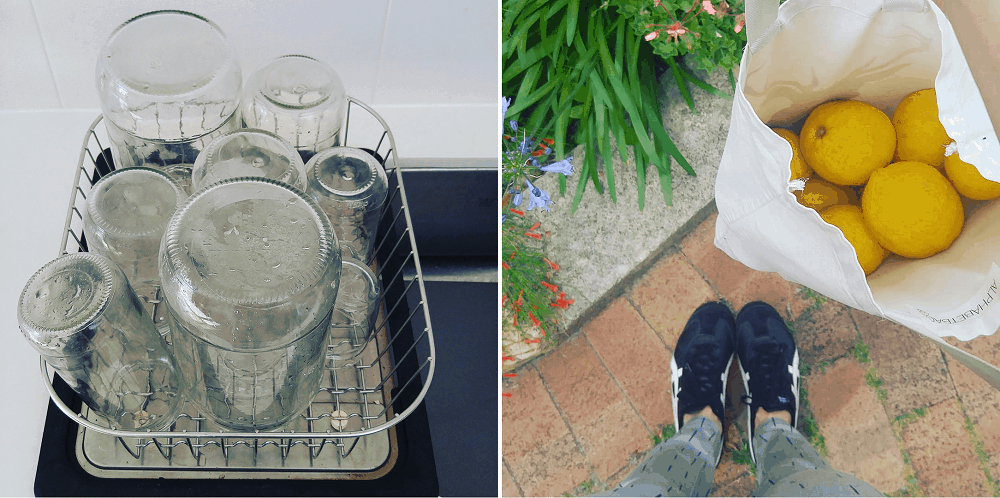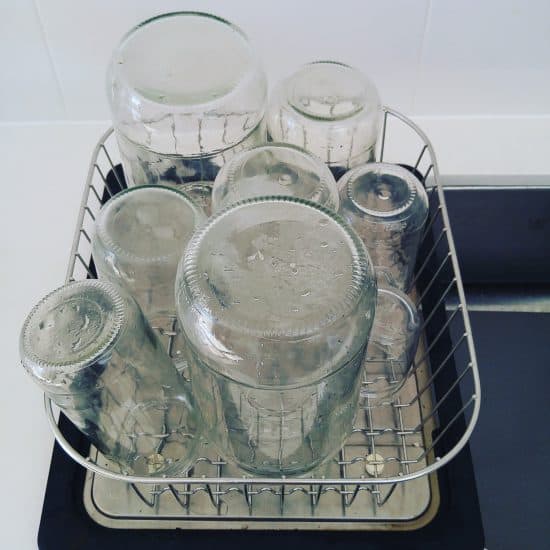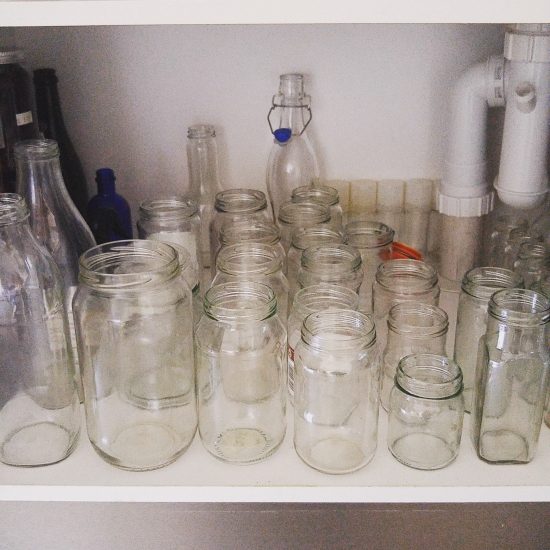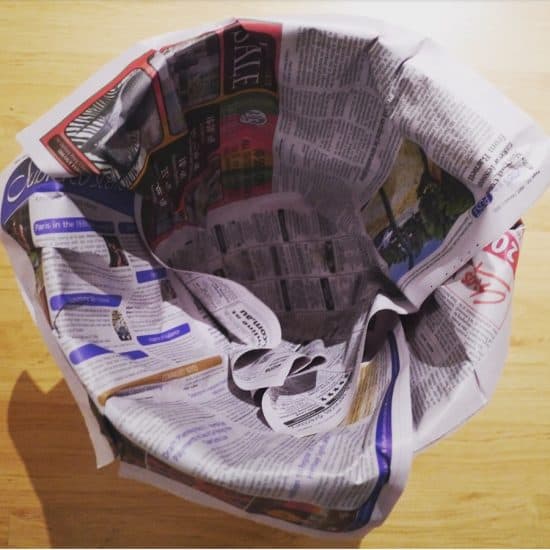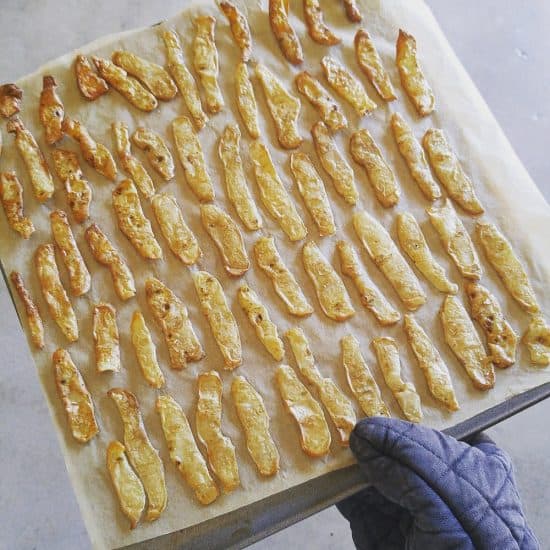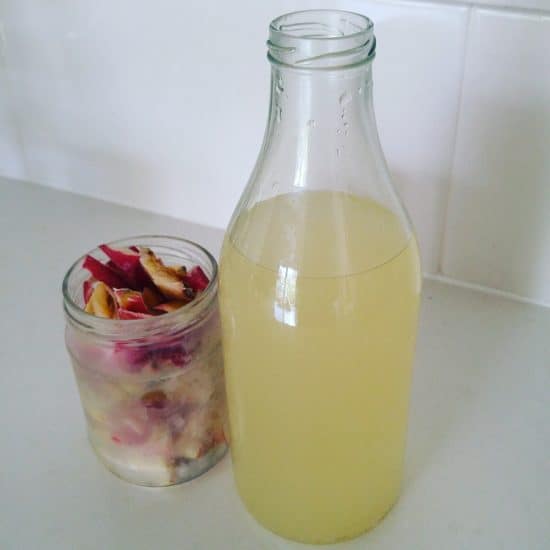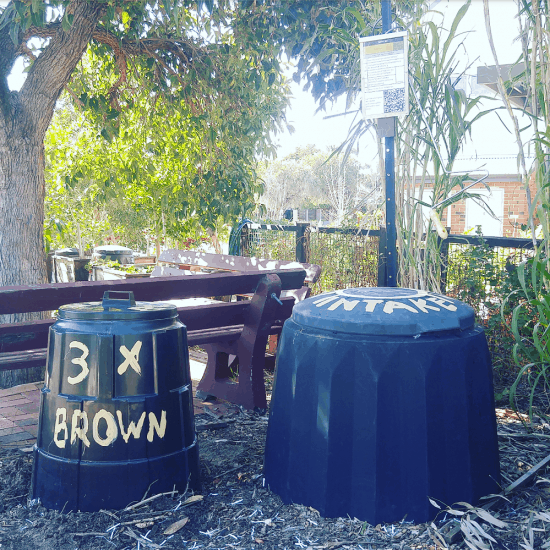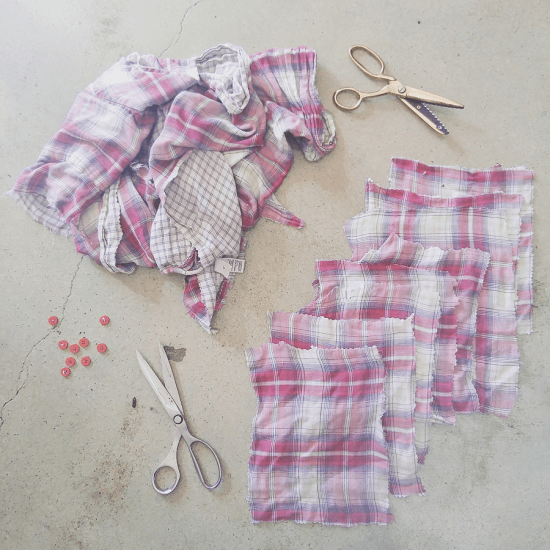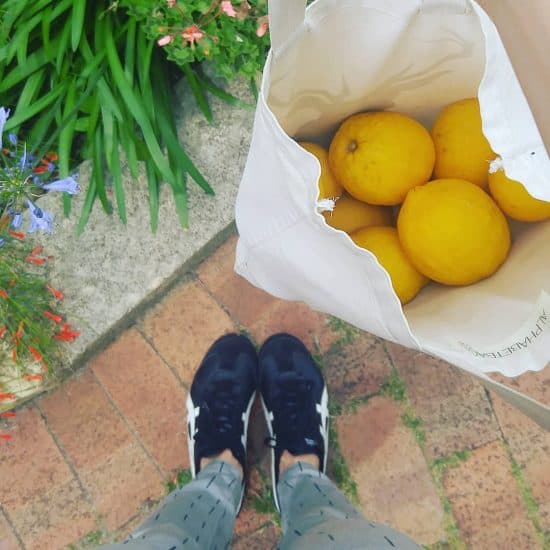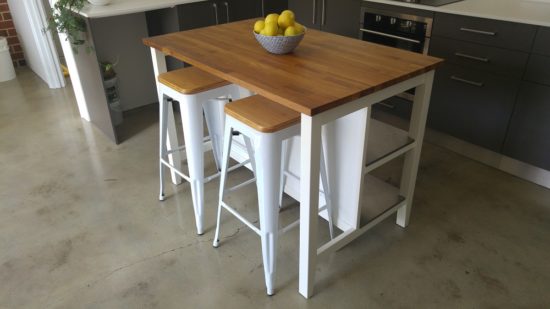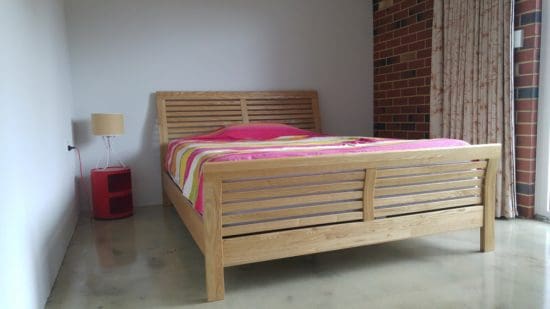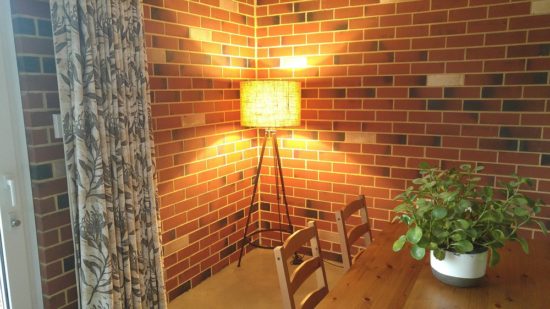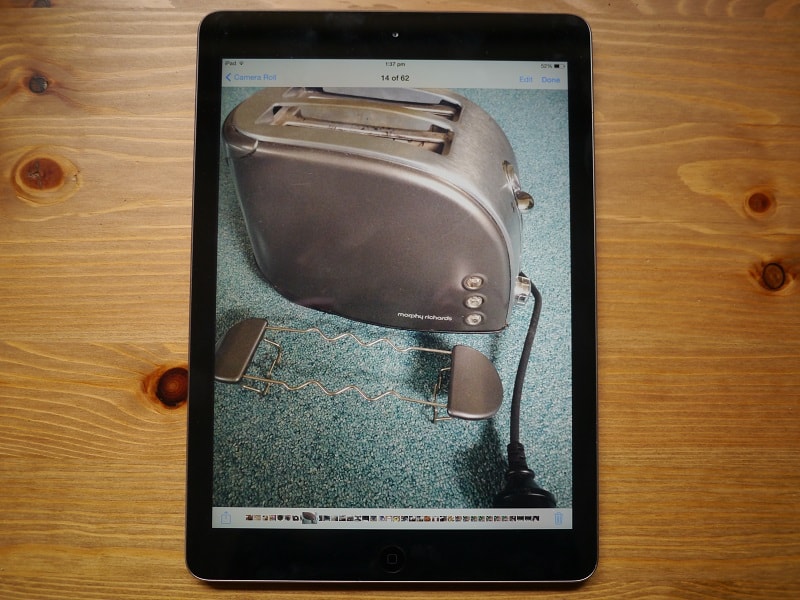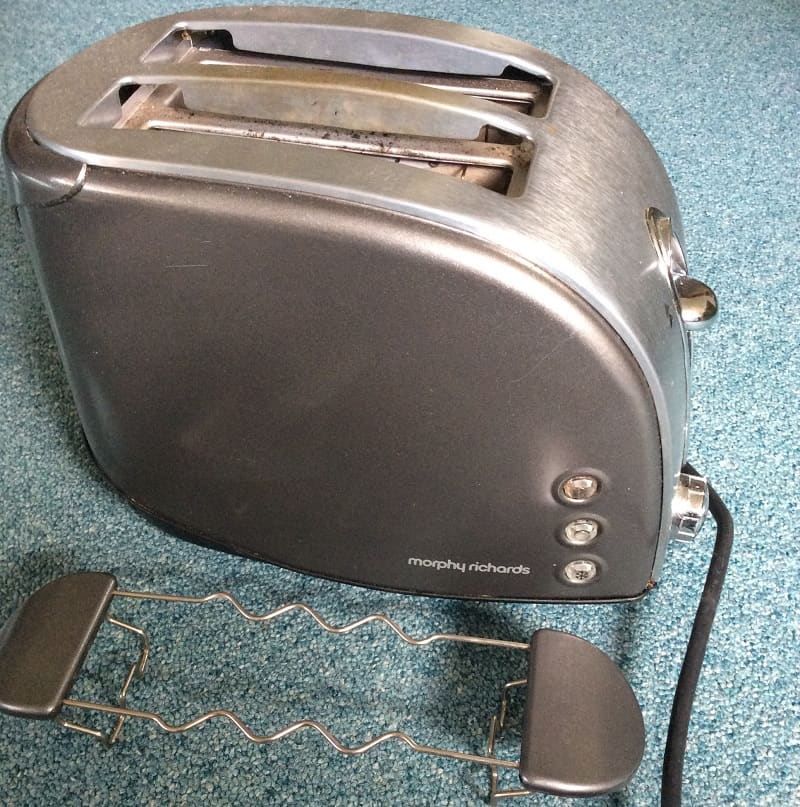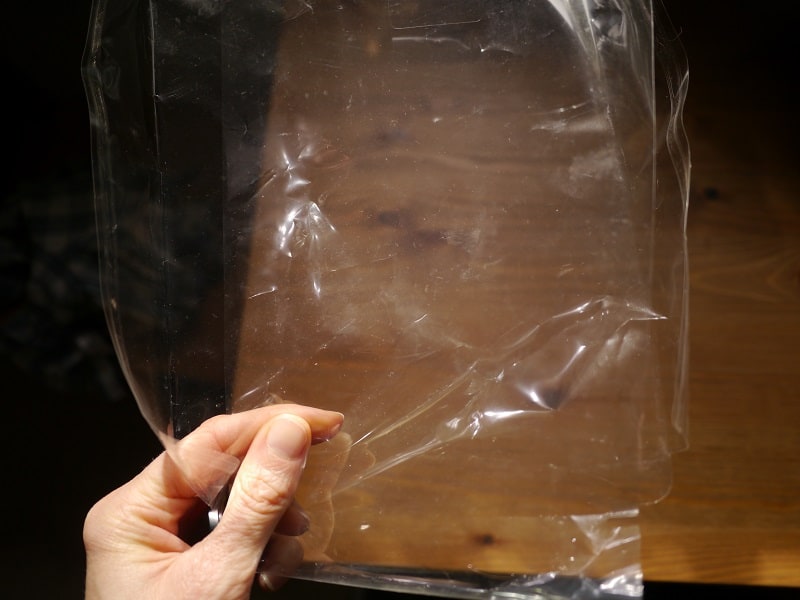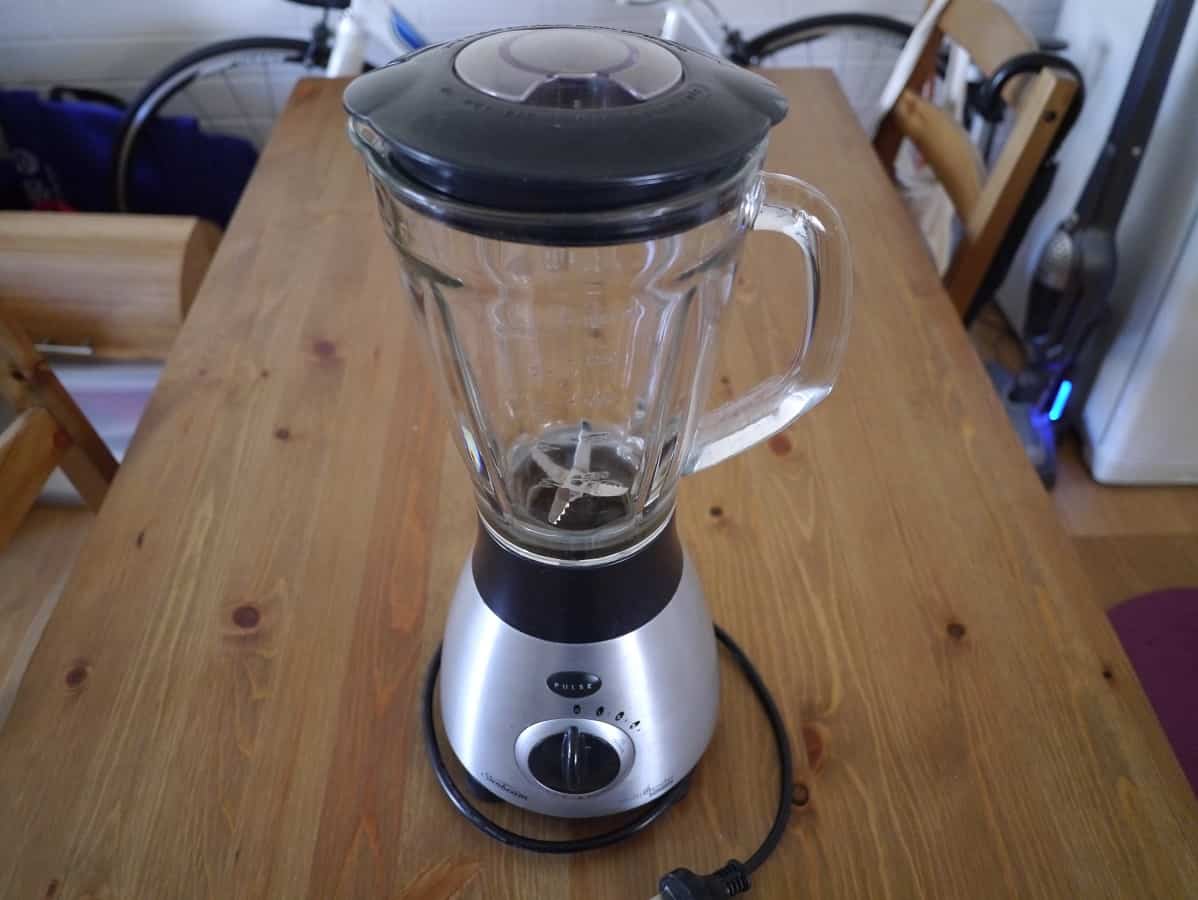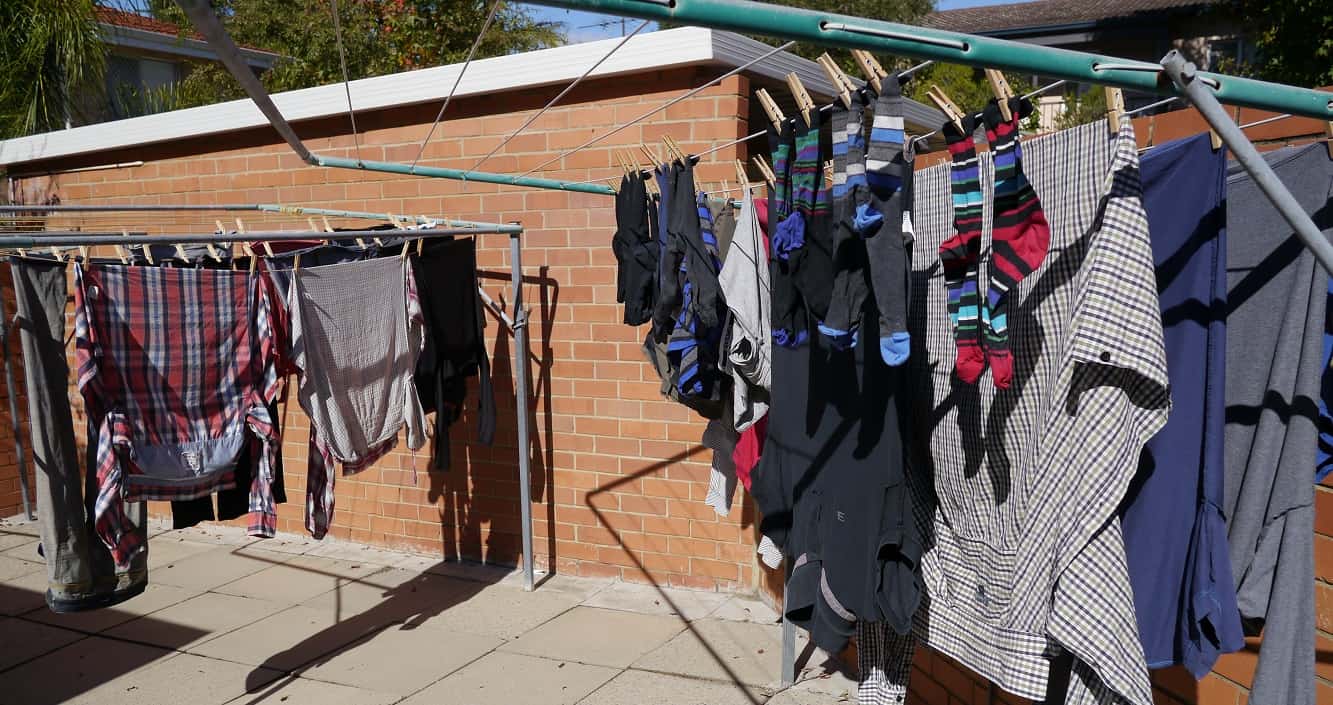6 Zero Waste Tips for Moving House
Last weekend, I moved house. And when it comes to moving, unless you can literally fit all your possessions in a single backpack, it is a bit of an ordeal. There are boxes, packing materials, stuff you forgot you owned, stuff you no longer need, things that are (or get) damaged or broken… and so it goes on.
Moving can create a lot of waste. But with a tiny little bit of planning, it’s possible to eliminate a lot of the unnecessary waste. Here’s some tips.
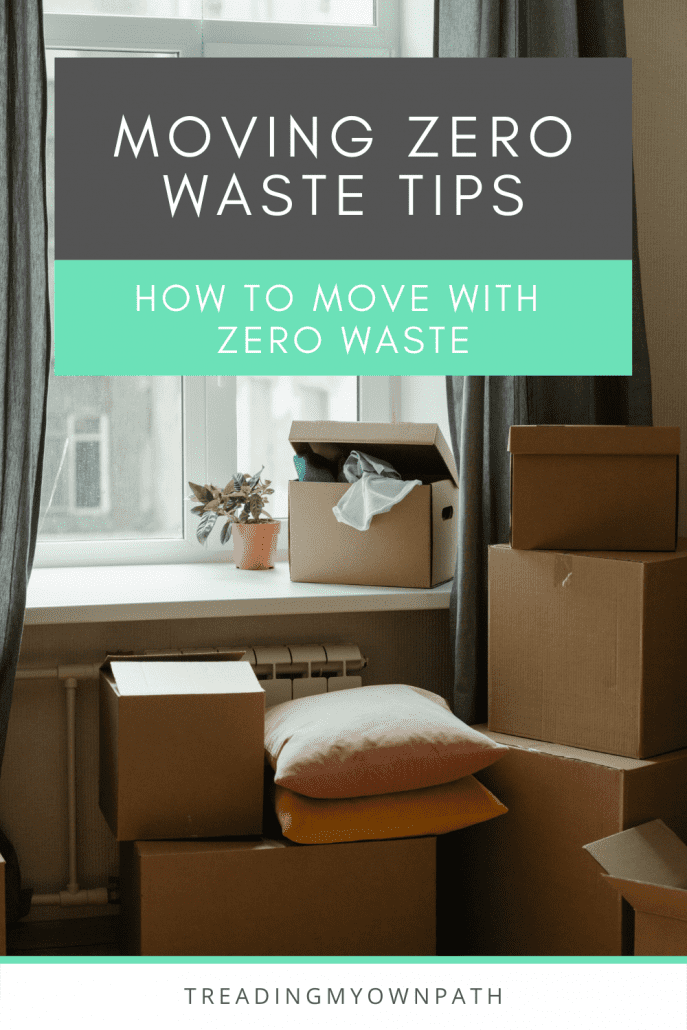
1. Don’t Move What You Don’t Have To
Moving things that you later decide you don’t need is a waste of time, effort and fuel in a moving truck. At the other end, when there are new homes to find for everything you do want and other bits and pieces to sort out, offloading stuff you no longer need is an added hassle.
If you know you don’t need something, sell it or give it away before the move.
I didn’t have time to go through all of my books, games, boxes of jars and other bits and pieces to assess every single thing I own on merit before the move. But moving a book is a little different to moving a kitchen island (especially one that literally wouldn’t fit in the new place).
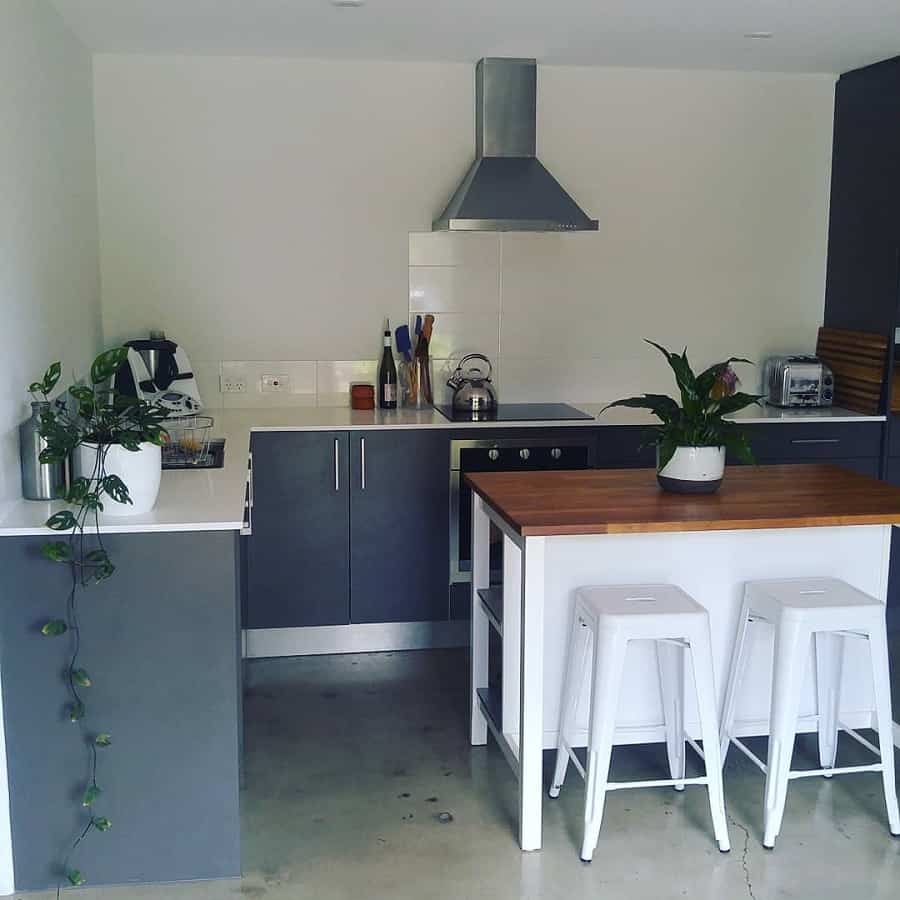
So I prioritised the big, heavy and fragile things (like the kitchen island), listed some things I knew I no longer needed and did what I could.
Sites I use to pass on unwanted goods:
- eBay is great for anything high-value, easy to post and listings that would benefit from a bigger (less local) audience;
- Gumtree is great for bigger items like furniture, anything that the buyer want might want to inspect and test before buying (like electronics) and is good for giving away free stuff;
- Buy Nothing groups are great for giving away items locally.
2. Source Second-Hand Packing Materials
There is really no need to spend a fortune (or spend anything, actually) on fancy packing materials. You’ll be able to get almost everything you need second-hand, and be able to donate it again afterwards for someone else to reuse.
Boxes: I’ve never purchased a packing box in my life and I’m amazed that people actually do! There are so many boxes already in existence that can be used.
I ask friends, family, colleagues and neighbours for useful boxes, either to borrow or to keep and then pass on. My neighbours had some amazing reusable Dutch moving boxes (they are from the Netherlands and brought these boxes over when they moved 12 years ago) that fold together and do not require packing tape.
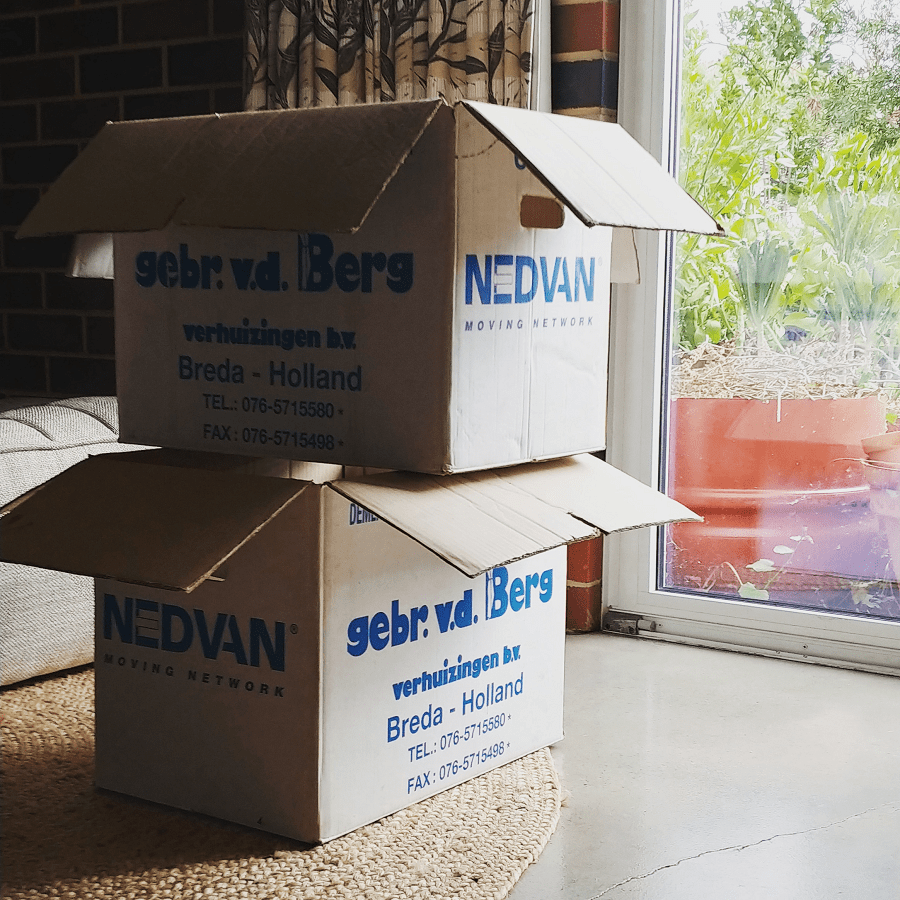
I checked the local grocery store and got a couple of sturdy tray-type boxes with handles at the side. These are great for moving my pantry and things that don’t stack well.
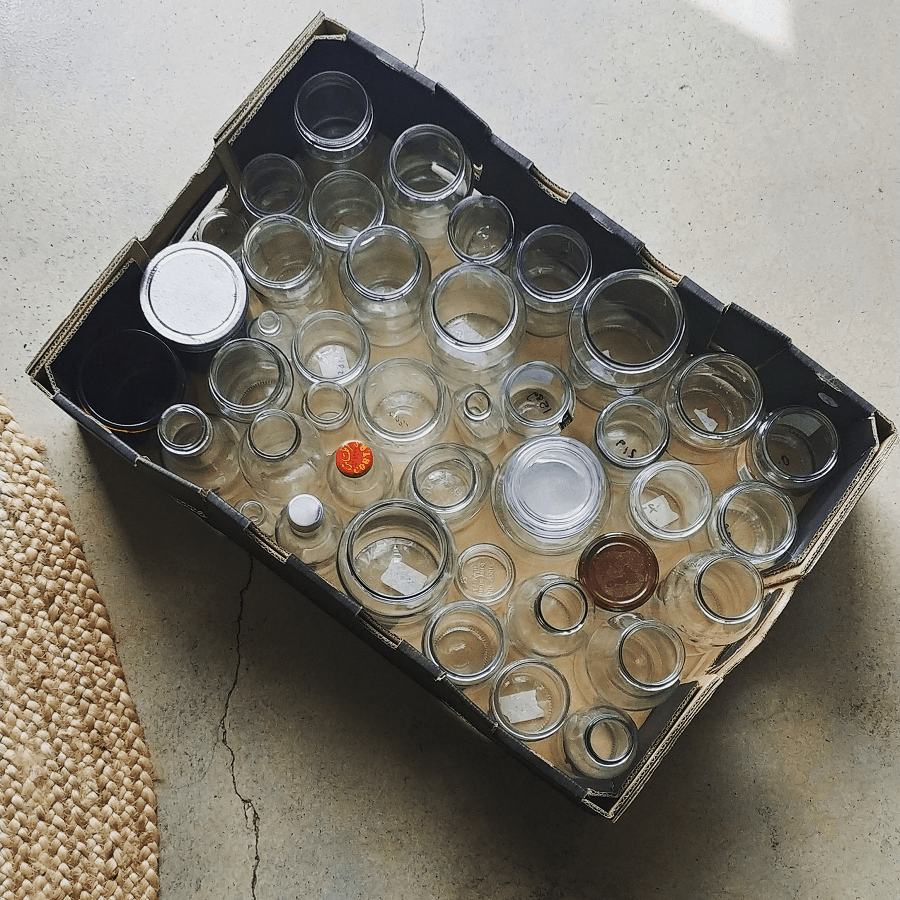
Packing Materials: Keep packing materials that you receive (or find) to pack fragile items. If you don’t buy much (like me!) ask around to see what others have or put a call-out online. Shops often have a lot of bubble wrap they are throwing out, and tissue paper. Who Gives A Crap toilet paper wrappers are good too, as are old newspapers.
(Once you’ve moved, list all your packing materials online for someone else to use, or give to a store that can use it for packing their sales.)
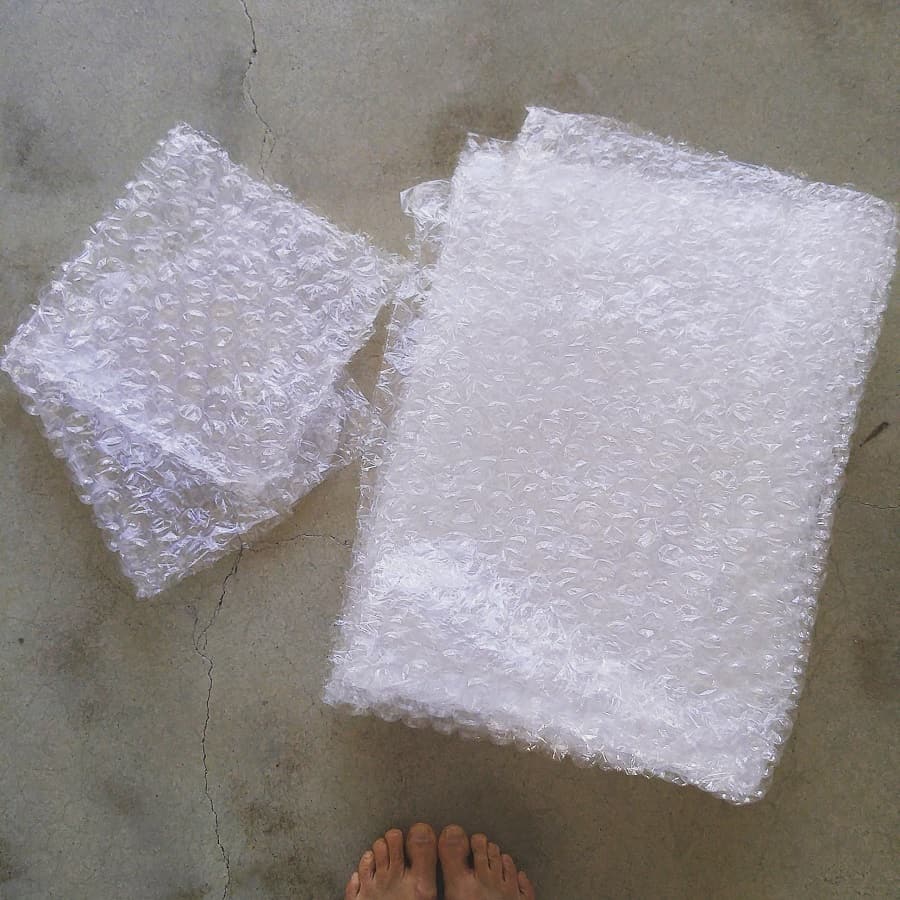
Tape: I have a very old roll of (plastic) packing tape that I purchased in 2011 and lives on. I don’t tape my boxes shut, I fold them by overlapping the flaps, but a couple of boxes needed taping at the bottom. The fridge door also needed taping shut whilst moving.
If I hadn’t owned any tape, I’d have purchased paper packing tape, but I prefer to use what I already have.
There is a surprising level of guilt around using plastic tape when moving within the zero waste community. If you can’t find an alternative and need to use it, then use it, no guilt required. It is better to tape boxes securely with plastic tape than smash the entire contents of an un-taped box because you were trying to save waste.
Old sheets/tarp: These can be useful for draping over and protecting items transported in a truck, van or trailer – to protect from dust, grease or the elements. If you don’t have any, ask around. Buy Nothing groups are ideal for this.
3. Use What You Have
It’s likely you already have plenty of great packing containers and also packing materials at home.
Suitcases and bags are the obvious choice for containers, but your laundry basket, large pans, plastic crates and decorative baskets might also be useful for transporting your stuff.
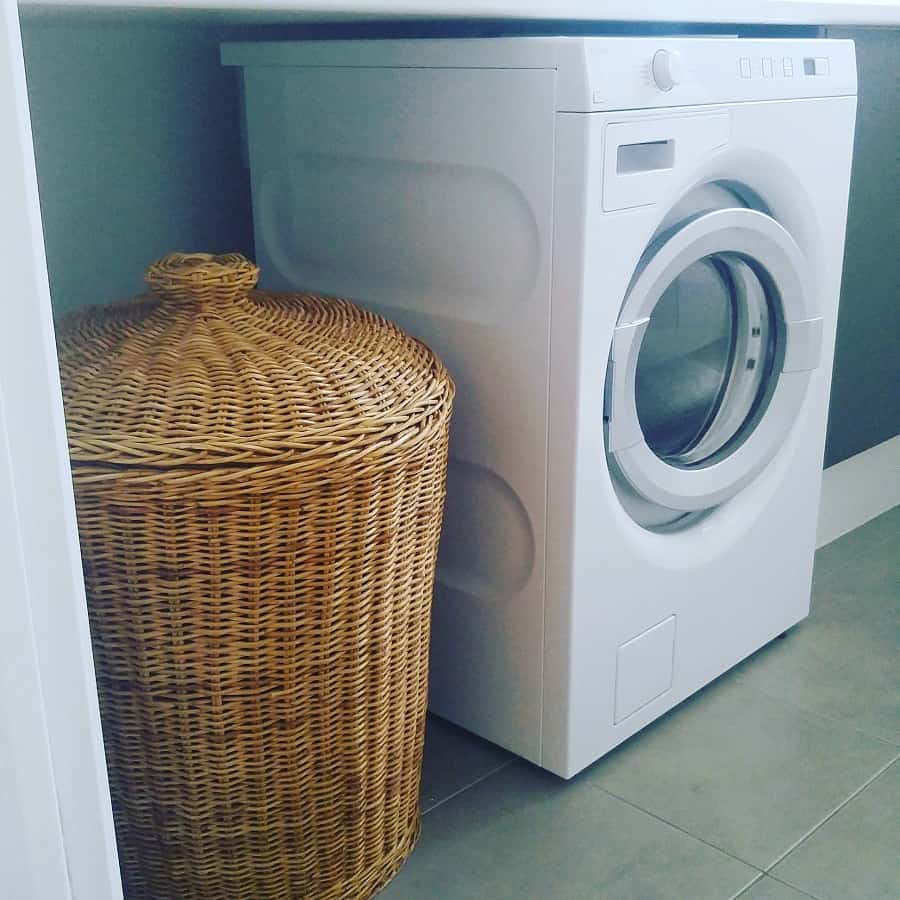
Plus, if you happen to buy anything that comes in a box in the weeks before the move, keep the box!
Plenty of things can be used as packing materials. Reusable produce bags, reusable shopping bags, tea towels, regular towels, socks, scarves, pillowcases – all can be used to cushion more fragile items.
4. Make a Plan for Your Perishables
If you’re going to be moving the fridge an/or freezer, you’ll need to turn it off before moving, and wait a few hours once it’s in its new home before turning it back on. Which means, there needs to be a plan for the things currently in there.
Planning to use up your perishables might be helpful if you’re moving far. Personally, I didn’t want to run down my fridge too much, because I had enough to do with the unpacking after the move, and didn’t want to have to go grocery shopping also.
I asked a few friends and neighbours if any had space in their fridge and freezer, and found one place for my frozen goods and another for my fridge stuff. (I also asked some friends if I could borrow their camping fridge, but alas, they were going camping that weekend!)
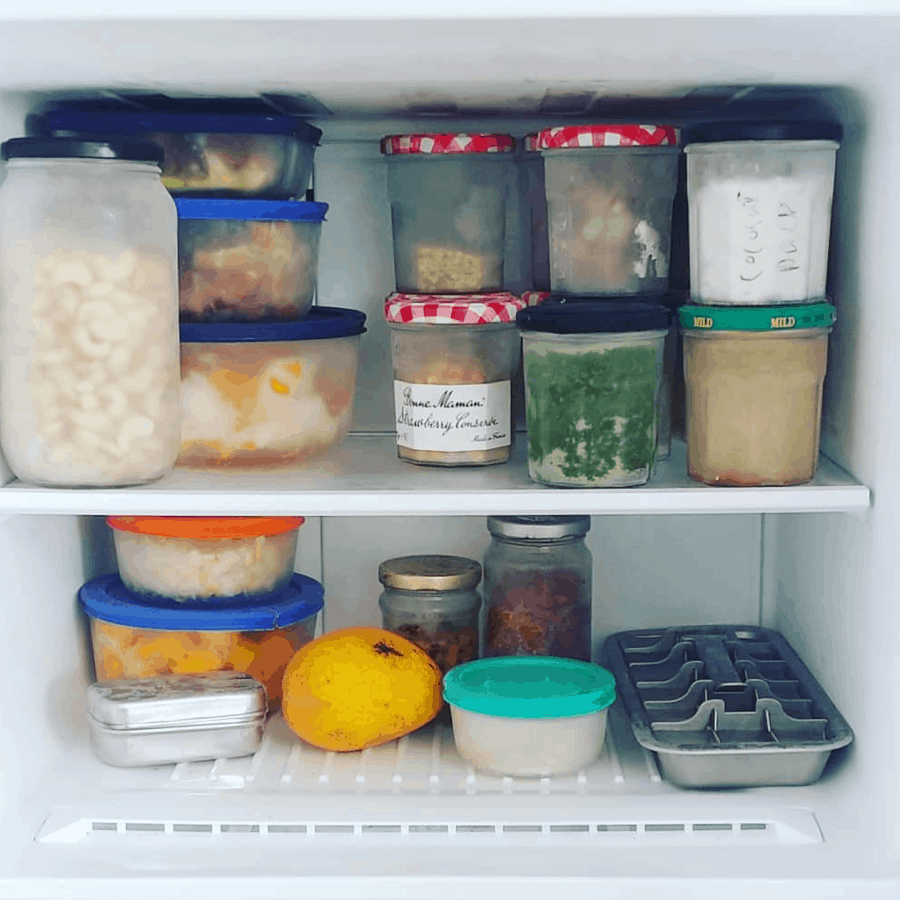
Worst case, if you can’t find somewhere to store your food, you can give it away so at least it isn’t being wasted. Offer to friends, family and neighbours or use a dedicated food waste app like OLIO to find new homes for edible food.
With the fridge stuff, I just concentrated on moving the real perishables. It made finding a temporary space a lot easier. Things like sauerkraut, pickles and jars of jam can cope without refrigeration for a day, so they were boxed and moved with everything else.
5. Choose Your Vehicle Wisely
Damaging your stuff in the move is a waste, and damaging yourself by lifting too much heavy stuff isn’t great either. Multiple vehicle trips are going to use more fuel than a single trip, and then there’s your time: no-one has too much of that and there are better things to do than moving inefficiently.
Think about what you’re trying to move, where you’re moving to and what would be the most appropriate (and efficient) way to transport it all.
When moving in the past I’ve booked a man-with-a-van, used a friend’s car, rented a trailer and borrowed a van from work, depending on the situation and what was available.
This time round, I hired a truck with a hydraulic lift. That’s because I had 12 x 100 litre plant pots full of soil to lift, not to mention a wheelbarrow, a 180 litre worm farm, 3 compost bins, wine barrel planters and a 240 litre bin full of soil.
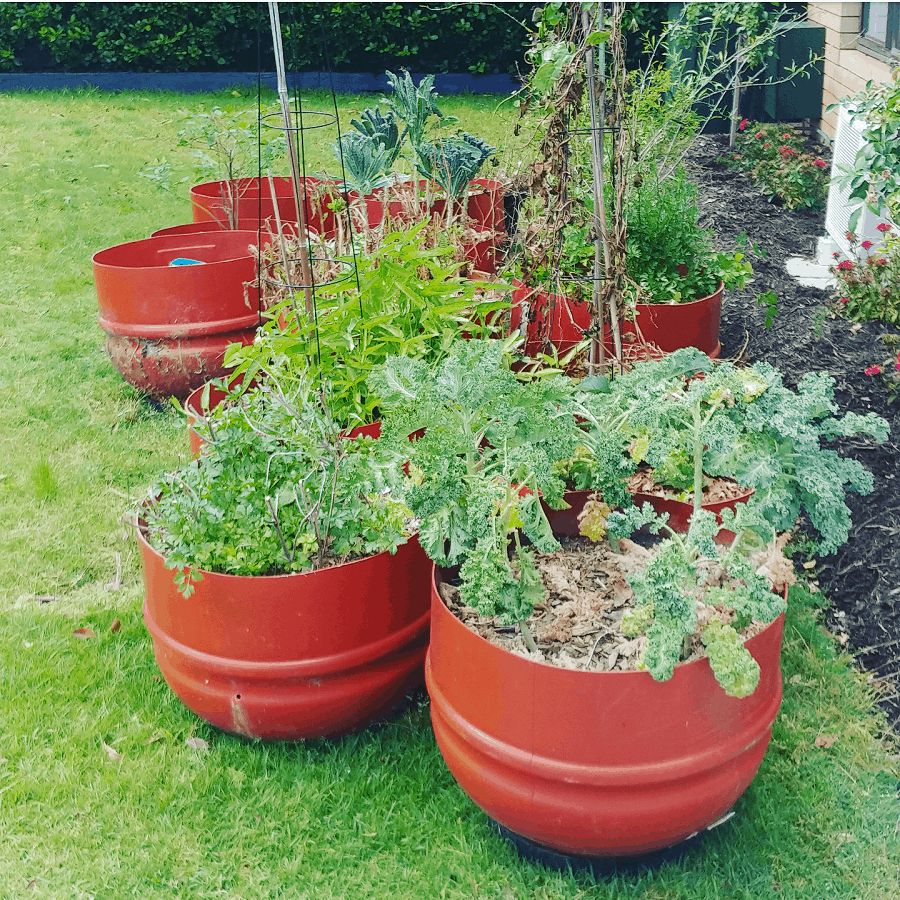
One or two things could have been wrestled into a van, but this was too much.
The furniture, white goods and boxes fitted in the truck for the first trip. The pots and garden stuff completely filled up the truck for the second trip.
There were also a few back and forth car trips, which was easy as this was a 3 minute drive between homes (I’m literally just a few minutes up the road).
6. The Bigger (or Further) the Move, The More You Plan
Because I wasn’t moving far, I could be (and was) a lot more flexible – by which I mean disorganised – in my approach.
In reality, it was very easy to load up a car and drop a load of things off in between doing other errands, as both homes are in the same neighbourhood. I got the keys on Tuesday and booked the truck for Friday, so the in-between (work) days were useful for moving things that might have got damaged in the move (like houseplants) and things I wanted to sort straightaway (like my pantry).
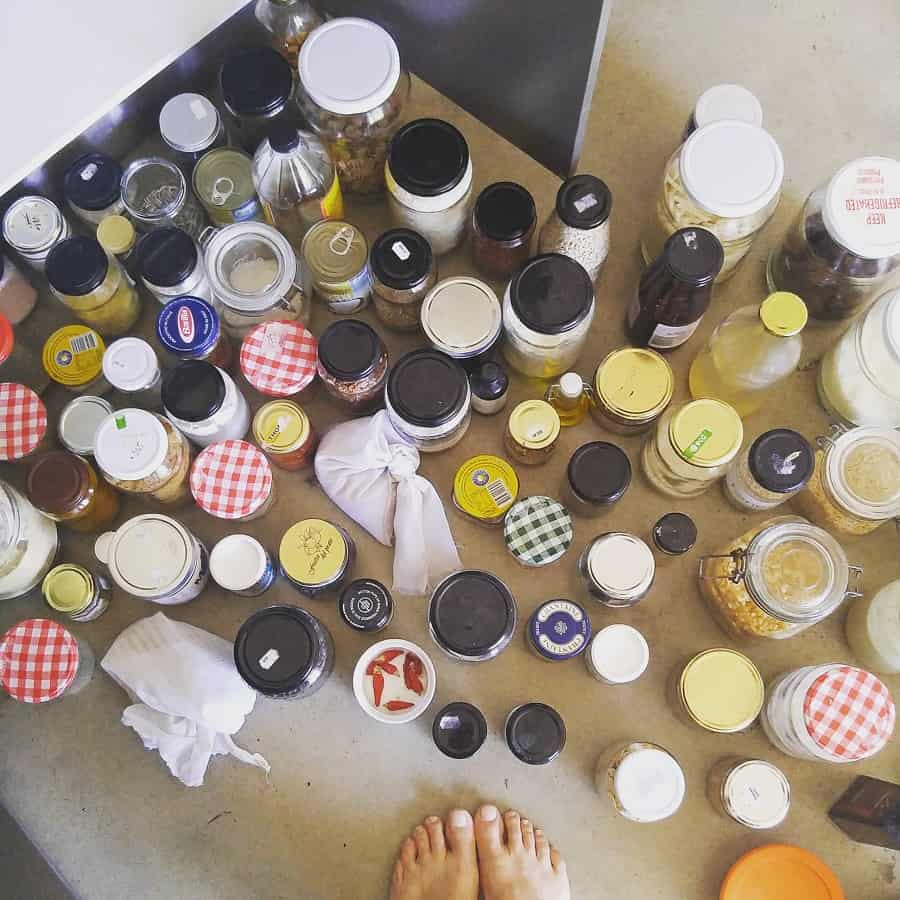
If I’d have been moving a few hours away (or anything more than 30 minutes, realistically) I’d have made sure everything was packed, boxed and labelled before the day.
Well, I’d have tried!
Moving is definitely stressful, but it doesn’t have to be wasteful.
Now I’d love to hear from you! Do you have any tips for moving? Do you have a move planned and are wondering what to do about certain things? Any other comments or thoughts to share? Please let us know in the space below!

